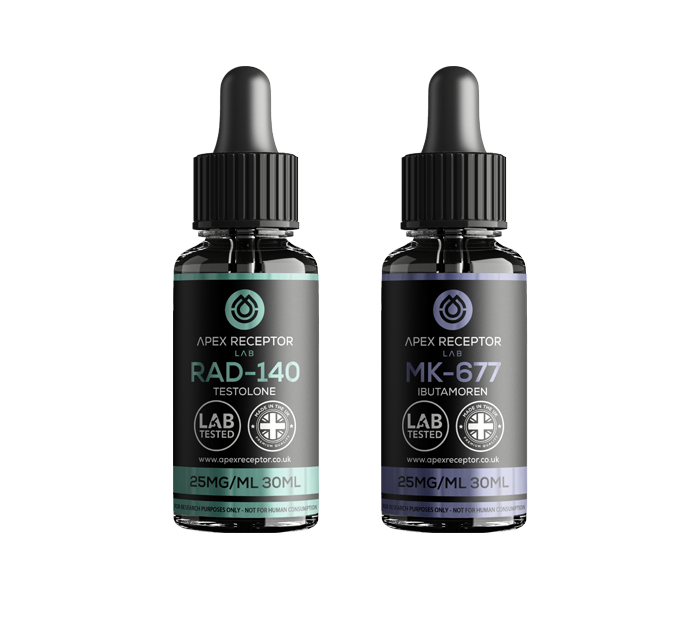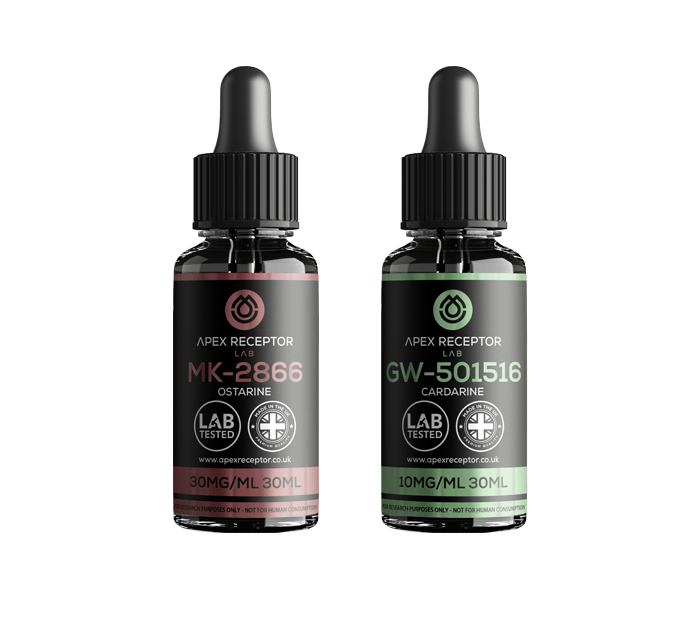Protein is a nutritional powerhouse, essential for building body tissue, supporting muscle growth, and serving as a vital energy source. However, numerous myths surrounding protein absorption and intake can lead to confusion and suboptimal health and fitness outcomes.
This article will debunk the myths about protein to present you with clear, evidence-based information. Prepare to have your perceptions of protein and muscle building challenged and your dietary knowledge expanded as we debunk ten common protein nutrition myths and uncover the facts about protein absorption and its role in muscle development.
Myth 1: The Body Can Only Absorb 30 Grams of Protein Per Meal
Your body’s amazing and doesn’t cap protein absorption at 30g daily. It can take in and use protein all day, giving those muscles the building blocks they crave whenever you eat protein. Studies found that our bodies keep synthesising protein, whether a little or a lot, morning or night.
- Breakfast: Kickstart with a protein punch (e.g., eggs, Greek yoghurt).
- Lunch: Midday muscle-up (think chicken salad, chickpea bowl).
- Dinner: Close the day strong (try fish, tofu, or a hearty stew).
- Snacks: Burning the fire (nuts, cheese bites, or a protein shake).
So, forget the protein absorption myth of a 30-gram cut-off. There’s no limit to how much protein your body can handle!
Myth 2: Animal Protein is Superior to Plant Protein
Animal proteins have all the essential amino acids your body needs. But you don’t need to get all your amino acids from a single source. Plant proteins can give you a complete amino acid profile.
Try eating legumes (beans and lentils), grains (quinoa and brown rice), and nuts (almonds and walnuts). Mix and match these, and you’re getting a powerhouse of nutrition.
Myth 3: High-Protein Diets Are Harmful to Kidneys
One of the stickiest protein consumption myths is that loading up on protein is a fast track to kidney damage. But that’s not necessarily true for people with healthy kidneys. Research shows that high-protein diets don’t harm kidney function in people without kidney issues.
If you have kidney disease or conditions that compromise kidney function, chat with your doctor to tailor your protein intake. Always listen to your body, and when in doubt, consult a healthcare pro before changing your diet, especially if you have any health concerns.
Myth 4: Protein Timing is Crucial (Anabolic Window)
You’ve probably heard gym buffs emphasise the sacred “anabolic window,” that slice of time post-pump when you’re supposed to guzzle down protein. But let’s bust this myth wide open: the clock isn’t as authoritative as they say about protein timing. Research shows muscle protein synthesis stays elevated for several hours after you’ve dropped the weights.
Plan a meal or shake containing protein within a few hours of working out. This isn’t just about muscle repair; it’s also about giving your body the building blocks it needs when it’s most receptive.
Myth 5: More Protein Equals More Muscle
Muscle growth is often attributed to loading up on protein. However, building muscle requires more than just consuming more protein; you must pair it with resistance training. Your muscles grow when forced to work hard and repair themselves, making exercise the critical factor in muscle protein synthesis timing and hypertrophy.
Quite simply, no amount of protein can compensate for a lacklustre workout routine. To see those gains, you must combine adequate protein with consistent strength training.
Read more: How Much Protein Do You Need to Build Muscle?
So, what about muscle-building SARMs (Selective Androgen Receptor Modulators), those trendy compounds you’ve heard about? SARMs can significantly enhance muscle growth by selectively targeting androgen receptors in muscle tissue, promoting muscle mass and strength gains without many side effects associated with traditional anabolic steroids. This makes them popular for athletes and fitness enthusiasts looking to maximise results.
Still, it’s essential to strike a balance. Focus on meeting your daily protein needs—generally about 0.8 grams per kilogram of body weight—and lift those weights!
Myth 6: Protein Bars and Shakes Are Necessary for Everyone
The widespread belief that one cannot reach their protein targets without using protein shakes or bars is a myth and a marketing strategy. In reality, whole foods can sufficiently meet your protein requirements.
While protein bars and shakes offer convenience, particularly when on the go or in a hurry, they are only essential for some. For most individuals, a diet abundant in a variety of whole foods such as eggs, lean meats, beans, tofu, and dairy can adequately satisfy protein needs.
A practical tip: Consider these supplements as a backup plan. They can help fill nutritional gaps when life becomes too hectic or an extra boost is needed. However, it is important to remember that whole foods provide additional essential nutrients that benefit overall health.
Myth 7: You Can’t Overeat Protein
Let’s debunk a common protein myth: the notion that there is no such thing as too much protein. Your body can only effectively use a certain amount of protein. Beyond this limit, excess protein does not translate into additional muscle mass; instead, it is stored as fat, similar to surplus carbohydrates or fats.
When you consume more protein than your body requires, the surplus is converted into energy or, if unused, stored as fat. Protein serves not only as the building blocks for muscle mass but also as a potential energy source.
The practical takeaway? Avoid overconsumption. Aim for a balanced diet with protein portions tailored to your specific lifestyle. For instance, a bodybuilder and someone with a sedentary desk job have different protein requirements. Generally, consuming about 0.8 grams of protein per kilogram of body weight is recommended.
Myth 8: All Proteins Are Digested the Same Way
Different proteins have significantly varied digestion rates. For instance, consider whey and casein—the hare and tortoise of proteins. Whey protein rapidly moves through your digestive system, making it ideal for a quick recovery boost after workouts. Conversely, casein is a slow-digesting protein, providing a sustained release of amino acids, so consuming it before bed can support muscle repair throughout the night.
You can maximise their benefits by strategically incorporating whey and casein into your diet. Your muscles will appreciate the balanced support. Remember to consider your protein sources, whether whole foods or protein supplements, to meet your nutrition for pre-workout routines.
Myth 9: The Elderly Need Less Protein
It’s a common myth that protein requirements decrease with age. In reality, older adults often need more protein. Why? Sarcopenia, the natural loss of muscle mass, occurs with ageing.
Moreover, maintaining muscle quantity is not just about maintaining muscle quantity; it’s also about the body’s efficiency in utilising protein. Unfortunately, protein absorption rates can decline with age, making it more challenging for older adults to meet their protein needs.
However, this isn’t cause for concern. There is a practical tip for maintaining health in the golden years: increase your maximum protein intake. Whether from lean animal products like chicken or fish or plant-based sources such as lentils and quinoa, the goal is to consume sufficient protein per kilogram of body weight to maintain muscle mass and support overall health.
Myth 10: Protein Causes Bone Loss
Are you avoiding protein, fearing it might harm your bones? Hold on, because this concern is likely a misconception. While some believe a high-protein diet could cause calcium loss and weaken bones, the reality is more bone-friendly.
Research indicates that protein can benefit your bones when balanced with other nutrients. Evidence suggests a protein-rich diet can enhance bone density and strength, particularly with adequate calcium intake. Think of protein and calcium as a dynamic duo for bone health.
Instead of cutting back on protein, strive for a balanced diet. Pair a calcium-rich salad with a substantial portion of chicken or a bean casserole for a well-rounded meal. Remember, moderation and variety are crucial to maintaining strong muscles and bones.
Protein Intake Misconceptions Debunked
We have debunked several protein myths, emphasising that protein absorption capacity depends on timing, quantity, and quality, not just consumption. Total daily protein intake matters for muscle growth, not just post-workout consumption. Protein shakes can help, but they must be paired with proper training and a balanced diet of essential amino acids.
Animal proteins generally offer complete proteins, but plant-based diets can also meet all amino acid needs with proper planning. Excessive protein intake will not harm your kidneys unless you have a pre-existing condition.
UK SARMs are promising for enhancing muscle growth and protein synthesis. They offer targeted benefits with fewer side effects than traditional steroids. Compounds like Ostarine and Ligndrol can responsibly boost lean muscle mass with protein intake and resistance training.
Balancing your diet, prioritising whole foods, and trying out supplements like SARMs can optimise your muscle-building efforts.






